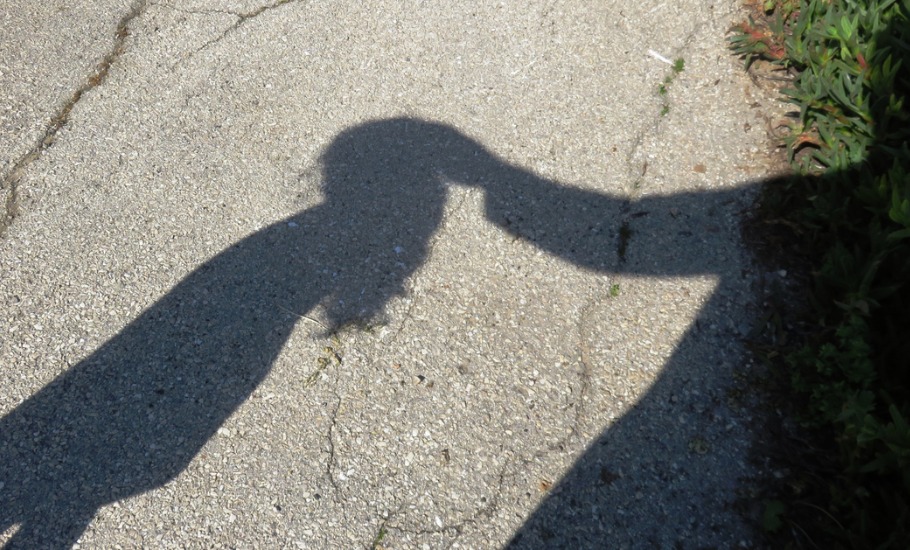
SC sets aside Bombay HC order on ‘skin-to-skin’ sexual assault interpretation

The Supreme Court on Thursday (November 18) quashed the controversial ‘skin-to-skin’ judgment delivered by the Bombay High Court in a case under the POCSO Act, saying the most important ingredient constituting sexual assault is sexual intent, and not ‘skin-to-skin contact’ with the child.
The Nagpur bench of the High Court, in an order that was highly criticised, had held that no offence of sexual assault under the POCSO Act is made out if there is no direct ‘skin-to-skin’ contact between an accused and survivor.
A bench headed by Justice UU Lalit set aside the high court judgement, and said the act of touching the sexual part of the body or any other act involving physical contact if done with sexual intent would amount to sexual assault within the meaning of section 7 of the POCSO Act.
“Purpose of the law cannot be to allow the offender to sneak out of the meshes of the law,” the apex court said.
“We have held that when the legislature has expressed clear intention, the courts cannot manufacture ambiguity in the provision. It is right that courts cannot be overzealous in searching ambiguity,” the bench, also comprising Justices S Ravindra Bhat and Bela M Trivedi, said. Justice Bhat delivered a separate concurring judgment.
“The most important ingredient for constituting the offence of sexual assault is sexual intent and not skin-to-skin contact with the child. Construction of a rule should give effect to the rule rather than destroying it. Any narrow interpretation of the provision which would defeat its object cannot be accepted. The intention of the legislature cannot be given effect unless wider interpretation is given,” the bench said.
The apex court said this is the first time that the Attorney General had filed an appeal on the criminal side. Senior advocate Siddhath Luthra appeared for the convict in the case as an amicus curiae, while his sister, senior advocate Geeta Luthra, appeared for the National Commission of Women. The apex court said this time a brother and sister have also opposed each other.
Attorney General KK Venugopal had earlier told the apex court that the controversial verdict would set a “dangerous and outrageous precedent” and needed to be reversed. The top court, which was hearing separate appeals of the Attorney General and the National Commission for Women (NCW), had on January 27 stayed the order which had acquitted a man under the Protection of Children from Sexual Offences (POCSO) Act saying groping a minor’s breast without skin-to-skin contact cannot be termed as sexual assault.
Two judgments were passed by Justice Pushpa Ganediwala of the Bombay High Court (Nagpur Bench). The verdict had said that groping a minor’s breast without skin-to-skin contact cannot be termed as sexual assault as defined under the POCSO Act. It had said that since the man groped the child without removing her clothes the offence cannot be termed as sexual assault but it does constitute the offence of outraging a woman’s modesty under IPC section 354. The high court had modified the order of a sessions court, which had sentenced a 39-year-old man to three years of imprisonment for sexually assaulting a 12-year-old girl.
Also read: Mere smell of alcohol does not mean person is drunk, says Kerala HC
The verdict had further held that mere groping will not fall under the definition of sexual assault. As per the prosecution and the minor victim’s testimony in court, in December 2016, the accused, one Satish, had taken the girl to his house in Nagpur on the pretext of giving her something to eat. Once there, he assaulted her and attempted to remove her clothes, the high court had recorded in the verdict.
The court had held that since he assaulted her without removing her clothes, the offence cannot be termed as sexual assault and, instead, constitutes the offence of outraging a woman’s modesty under IPC section 354. The sessions court had sentenced the man to three years of imprisonment for the offences under the POCSO Act as also under IPC section 354. The sentences were to run concurrently. The high court, however, acquitted him under the POCSO Act while upholding his conviction under IPC section 354.
The POCSO Act defines sexual assault as when someone “with sexual intent touches the vagina, penis, anus or breast of the child or makes the child touch the vagina, penis, anus or breast of such person or any other person, or does any other act with sexual intent which involves physical contact without penetration is said to commit sexual assault.”
The court had held that this “physical contact” mentioned in the definition of sexual assault must be skin-to-skin or direct physical contact.
(With inputs from agencies)

